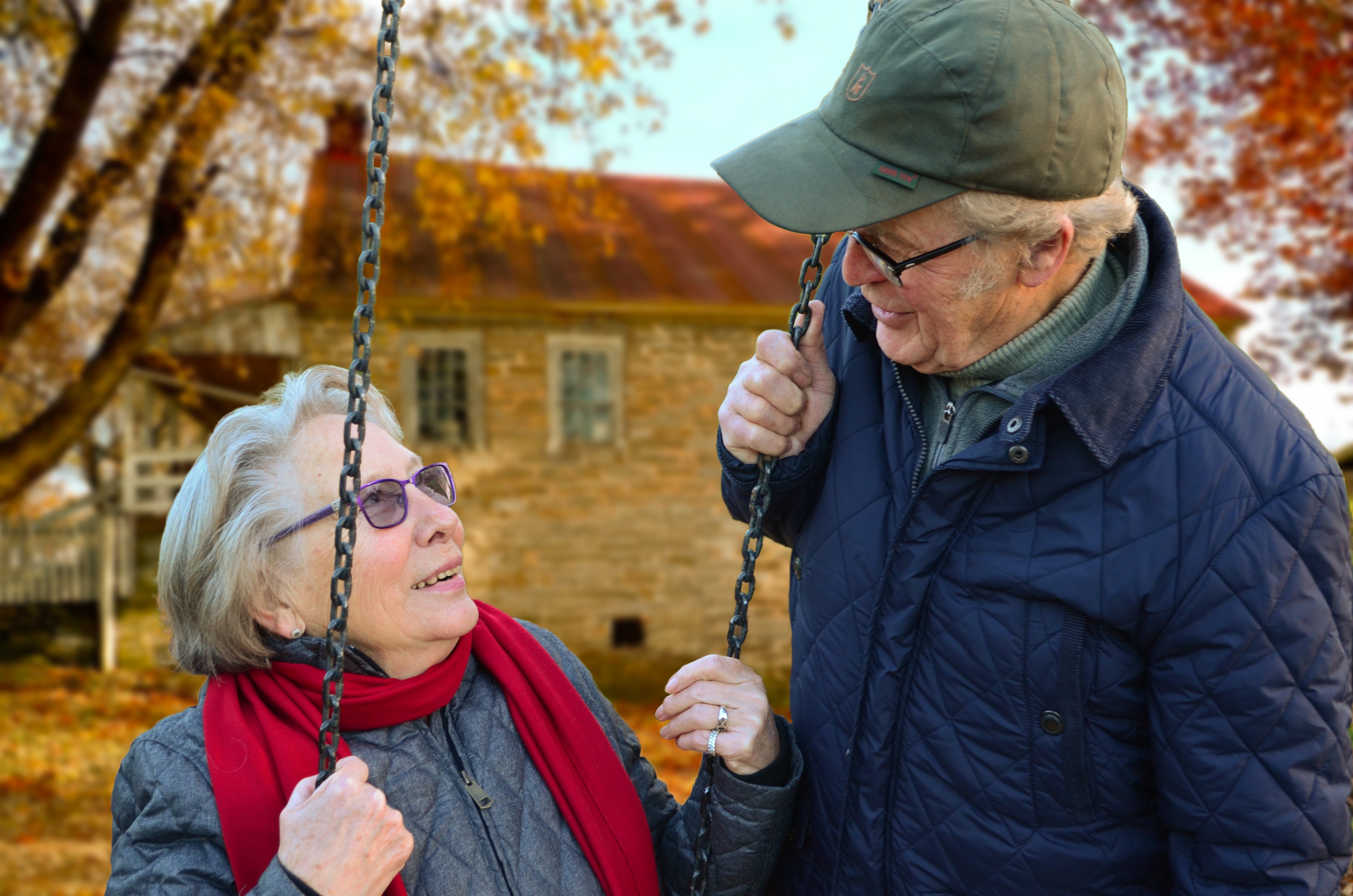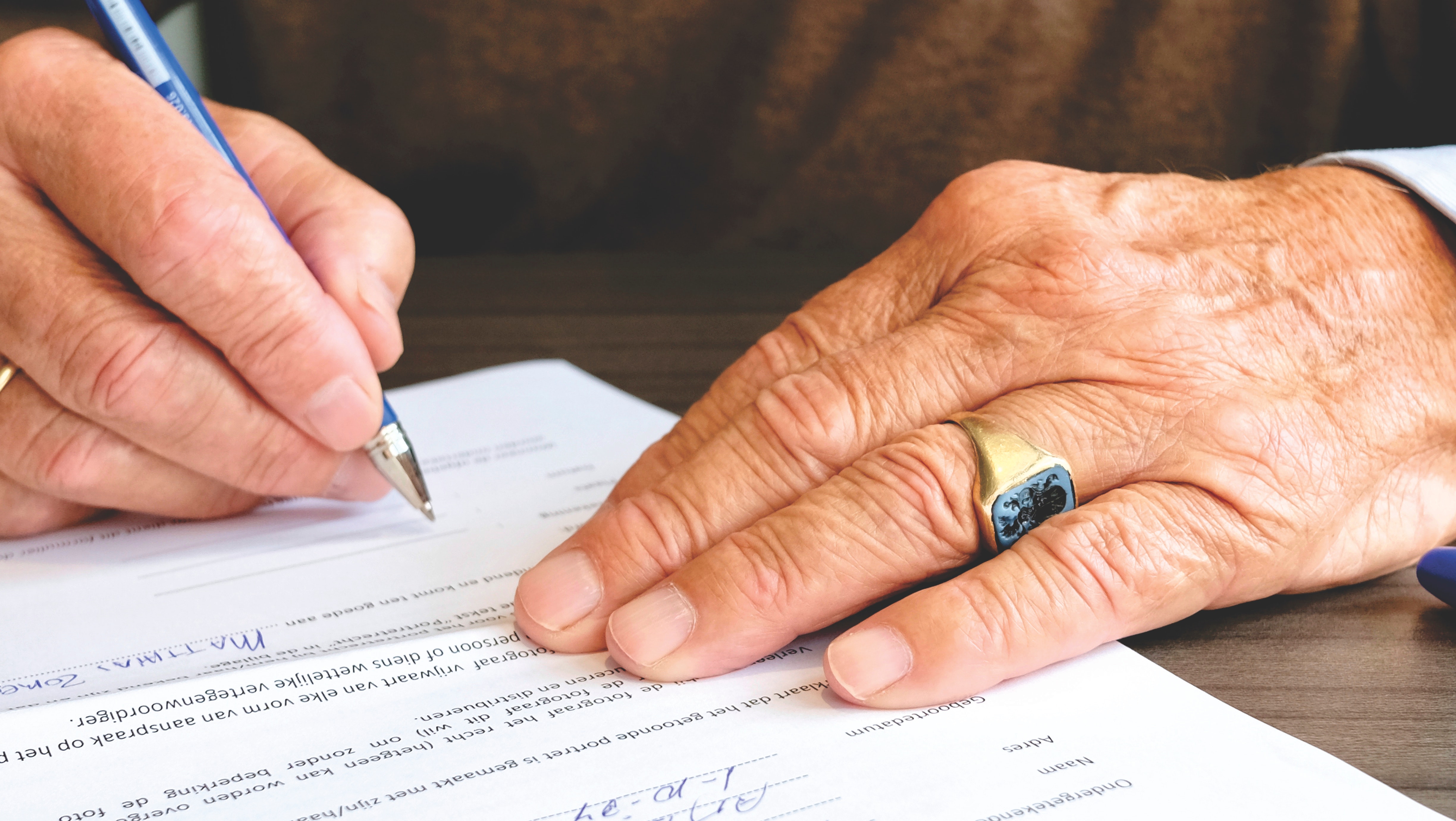
Tips for caregivers, from a caregiver
Whether you are a spouse, partner, child or friend, caring for someone through a serious illness is a challenge. There are no rules to follow, no right or wrong, you simply do what needs to be done each day for the person you are caring for.
While the patient must always be the main focus when dealing with Pulmonary Fibrosis or any life-threatening illness, it is physically and emotionally draining to be the primary caregiver, particularly at the end stages of the disease. Following are some suggestions for handling and coping with the many situations you may face.
Be actively involved in the patient’s medical treatment.
- Go to doctor appointments – it is always better to have extra people listen to the doctor’s information and instructions. You may be more in tune with any problems than the patient is.
- Be sure you understand treatment options and be prepared to advocate for the patient if you feel it is necessary.
Know what medications the patient takes even if you don’t dispense them.
- Keep a current list of all medications and supplements on your computer or in an easy to locate a spot in your home. This is much simpler and more accurate than trying to list them at each doctor, lab or diagnostic appointment or in the event of needing the help of EMTs.
- Know how to operate any medical equipment used by the patient.
- An oximeter is an inexpensive tool for any PF patient’s home and vital in determining the patient’s condition to relate to health care providers or for your own information.
- Most PF patients need supplemental oxygen. Know how to operate the concentrator in case of an emergency.
- Plan for adequate oxygen when away from home.
Be prepared to take over responsibility for things the patient can no longer do.
- Driving
- Ordering and dispensing medications
- Paying bills, managing money, filing tax returns
- Buying groceries or cooking meals
Let the patient do everything he/she can for as long as possible. Don’t take away their independence any sooner than necessary.
Help the patient maintain a healthy diet and exercise program. Sometimes that may mean something as simple as an afternoon smoothie. PF patients often lose weight simply because they don’t have the energy to eat.

A Living Will and Medical Power of Attorney are important documents for everyone to have. They give the patient the peace of mind of knowing their wishes will be followed and can be helpful to you as caregiver both for knowing you are doing the right thing and for explaining those decisions to others.
- These documents should be kept in a place where they are easy for you to find and also on file with your local hospital. The Power of Attorney should be made to someone who knows the patient’s wishes and is trusted and willing to make decisions for him/her. That may be you as the primary caregiver or another person.
- Choices need to be made carefully. It is easier if they are made while a person is relatively well. Trying to complete the forms with a seriously ill person can be disturbing to them if they think you are implying you need them immediately, plus they may not be well enough to make good decisions.
- Every state will want you to use their forms as laws are different, but should you need one while traveling, they will accept what you have from your home state.
- Hospitals will send someone to a patient’s room to help them complete the forms. They also have forms to pick up at their front desks.
- Family members will still be consulted before any treatment is given or withheld.
Fighting Illness and Infections
- Make sure the patient has regular flu and pneumonia shots.
- Keep the patient away from large crowds or other places germs can be picked up. Use the provided sanitizer wipes on grocery carts.
- Notify the patient’s physician and get antibiotics started as soon as possible in case of any infection.
- Know when to say No– to visits from family or friends; to sitting in a hospital emergency waiting room with sick people, or anything else you feel is unsafe for your patient. You are the best judge of what is ok or not.
TAKE CARE OF YOURSELF – be willing to ask for, and accept help.
- Always get your own flu shot. You are the caregiver for someone who is at high risk for flu and for whom the flu, or any infection, can have a serious negative impact.
- Keep up with your own medical appointments – physicals, dental appointments, etc.
- Find time for yourself. Get your hair done, schedule a massage, go to a movie or lunch with friends.
- Find someone you can talk to when things are hard. Please read here more about how to deal with caregiver stress.
Here are some more online resources for caregivers:





